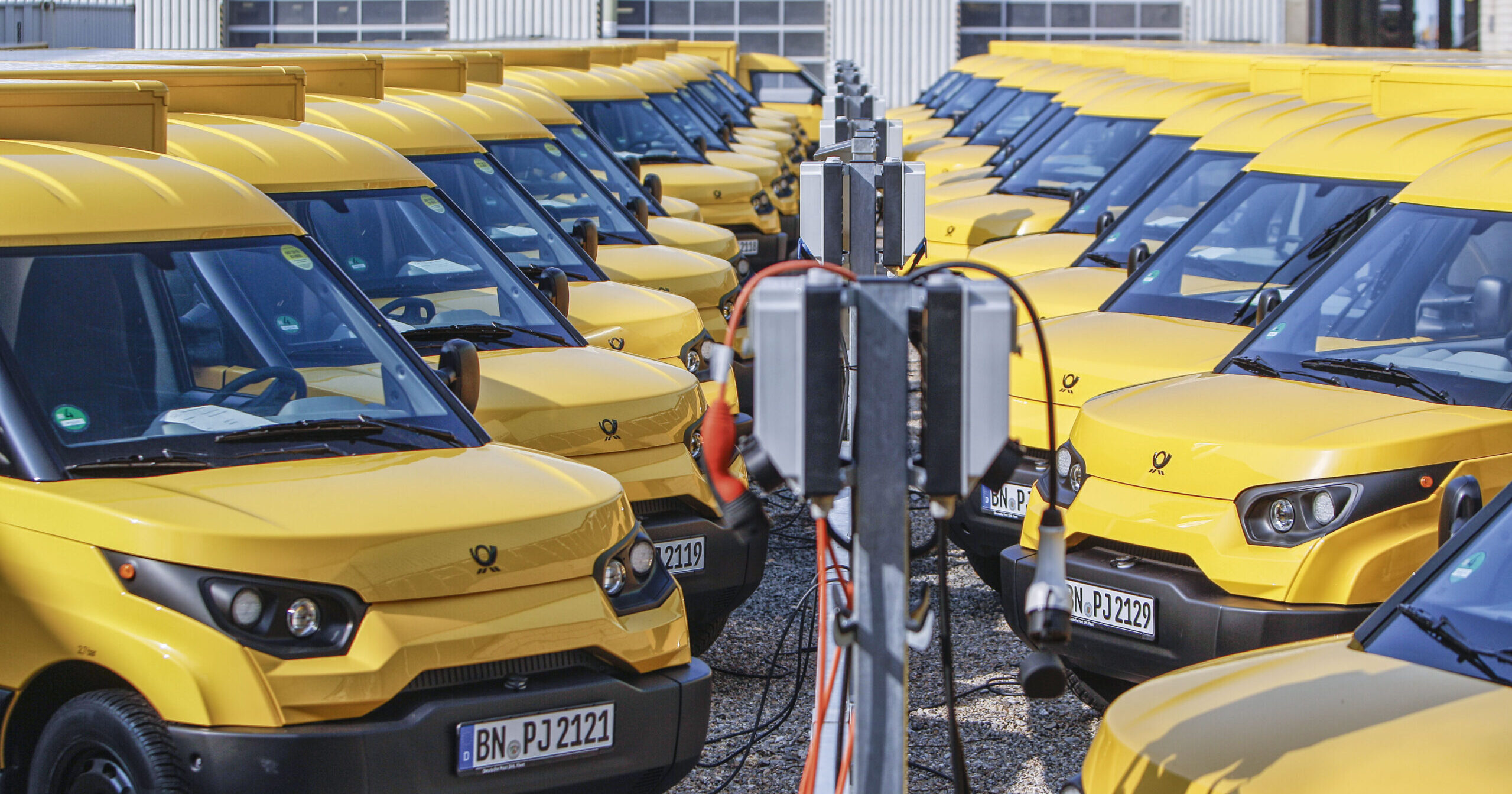The transformation to the Software Defined Vehicle (SDV) is fundamentally changing the vehicle: functions are updated over-the-air, offering a new level of flexibility and individualization. This increases complexity – especially for safety-relevant functions.
Chassis
The chassis is a key component that shapes the driving experience while ensuring safety, comfort and driving dynamics. IAV creates links to autonomous driving and future drive technologies. From the individual shuttle to platform development, we ensure the entire development process of the chassis and all chassis components.
Body Electronics
Digitalization and increasing electrification are increasing the number of electronic functions in vehicles. With our comprehensive expertise in the development of vehicle electronics, which includes control units and measurement technology, we implement integrated systems and functions. Our range of services extends from body and comfort to drive peripherals and occupant electronics.
Vehicle Motion Management
Whether steering, brakes, drive or damping – as a centrally superordinate control center, Vehicle Motion Management (VMM) enables safe driving dynamics in a digital vehicle architecture. Our solutions network the key actuators to create a scalable and harmonized overall system.
Range of Services
- Model-based development, automated test environments and AI-supported control technology
- Redundant architectures, by-wire technologies and predictive control strategies
- Digital lifecycle services: Real-time data from the cloud, continuous development and integration into DevOps processes











